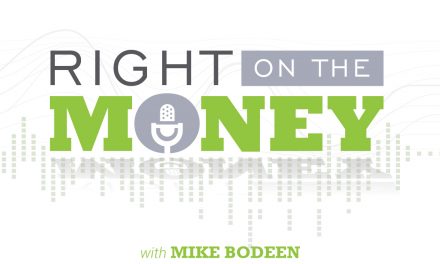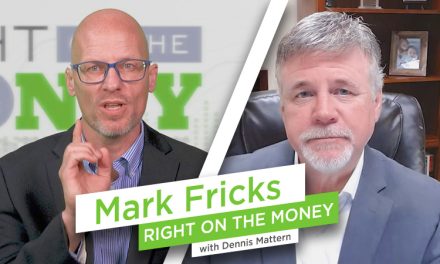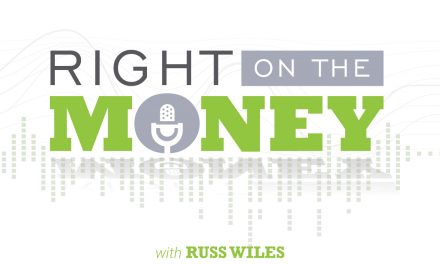Credit Reports Often Contain Mistakes that Drive up Borrowing Costs
Studies have shown Americans who aren’t plugged into mainstream banks or credit unions often pay too much for short-term loans and financial services. Getting connected to the right financial institutions is a critical component of your overall use of credit. You can generally sign up for free credit reports that you should review on a regular basis. Be advised though, these reports often contain mistakes that can increase borrowing costs, so it’s important to correct the errors and set the record straight.
Credit scores have wide-ranging impact on big-ticket borrowing like the purchase of a home or car as well as credit card interest rates. Surprisingly, credit scores can have an adverse effect on employment opportunities, insurance applications and borrowing costs. It also contains personal data, credit history, inquiries, bankruptcies or lawsuits. Some reports include unpaid judgments, tax liens and life insurance applications. Watch this segment covering Getting a Handle on Your Credit, part two of five from Lessons Not Learned about Money with syndicated financial columnist, award-winning investor educator and co-author of “How Mutual Funds Work” and “Building Our Mutual Fund Portfolio,” Russ Wiles.
Ongoing monitoring services can keep you up to date with alerts sent to your computer or smart phone to keep you apprized on transactions and account balances. If you’re married, you need to discuss attitudes toward money, debt and spending. Financial incompatibility between couples is a leading of strife in a committed relationship.
Most Americans can’t live a cash basis, so credit is necessary and maintaining good credit is vital. Many of us have to deal with a financial crisis at some point in our lives. Whatever the cause, there are ways to overcome these financial problems. Often the first step is to recognize there is a problem. Then you can begin to take action to solve it. The first step is creating a realistic budget and sticking to it.
The second step is to consolidate loans at a lower interest rate. The third step is to talk with your creditors. Contacting your creditors and explaining why you’re having trouble paying your bills on time may lead to a reduced payment plan. Setting up an automatic payment plan from your checking or savings account can help establish how serious you are about paying your bills. The fourth step is to have a garage sale of all your unnecessary items that you’ve accumulated over time.
Avoid bankruptcy at all costs. Always consider bankruptcy the absolute final alternative to solving your indebtedness. Starting over with no credit is a difficult challenge in a cashless society. So get control of your credit and don’t let it control you.
Syndicated financial columnist Steve Savant interviews Russ Wiles, syndicated financial columnist, award-winning excellence in investor education and co-author of How Mutual Funds Work and Building our Mutual Fund Portfolio .This week’s show topic, Lessons Not Learned About Money. Right on the Money is a weekly financial talk show for consumers, distributed as video press releases to 280 media outlets and social media networks nationwide.




